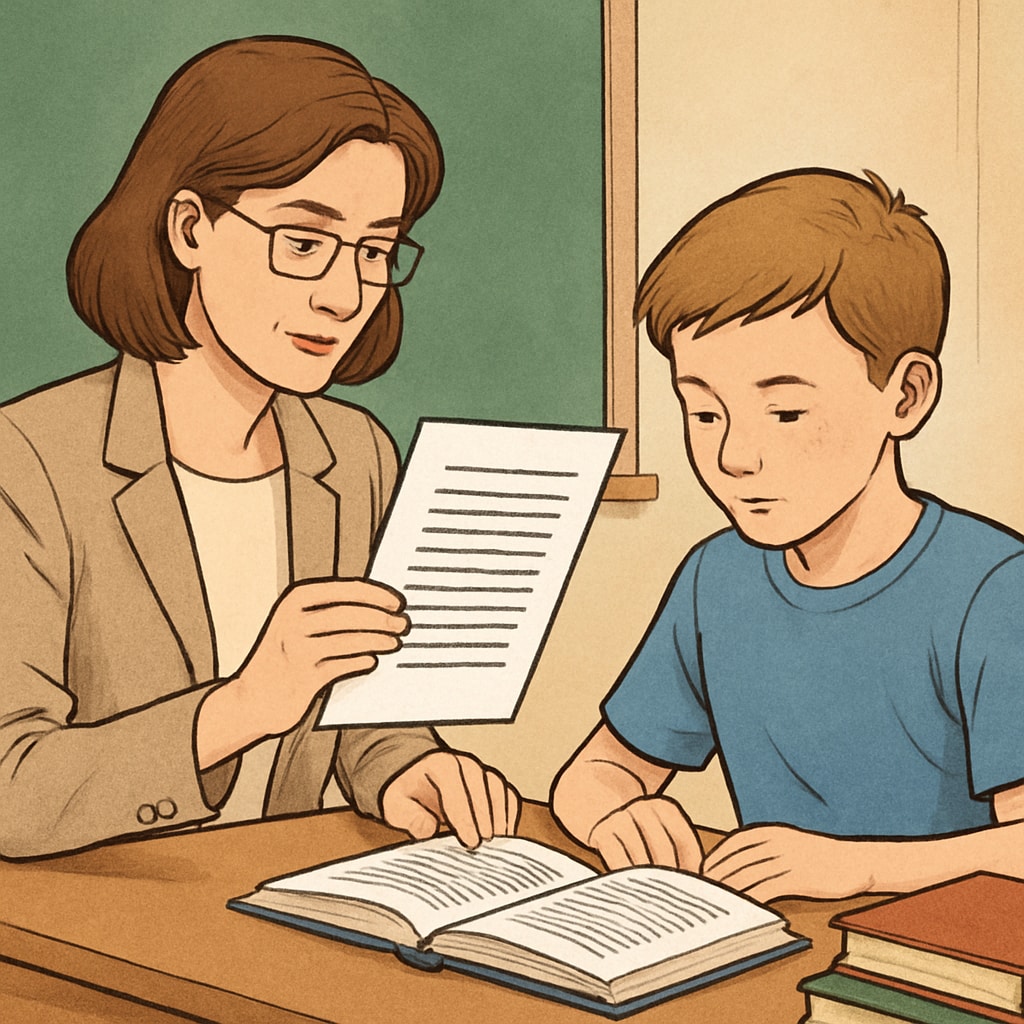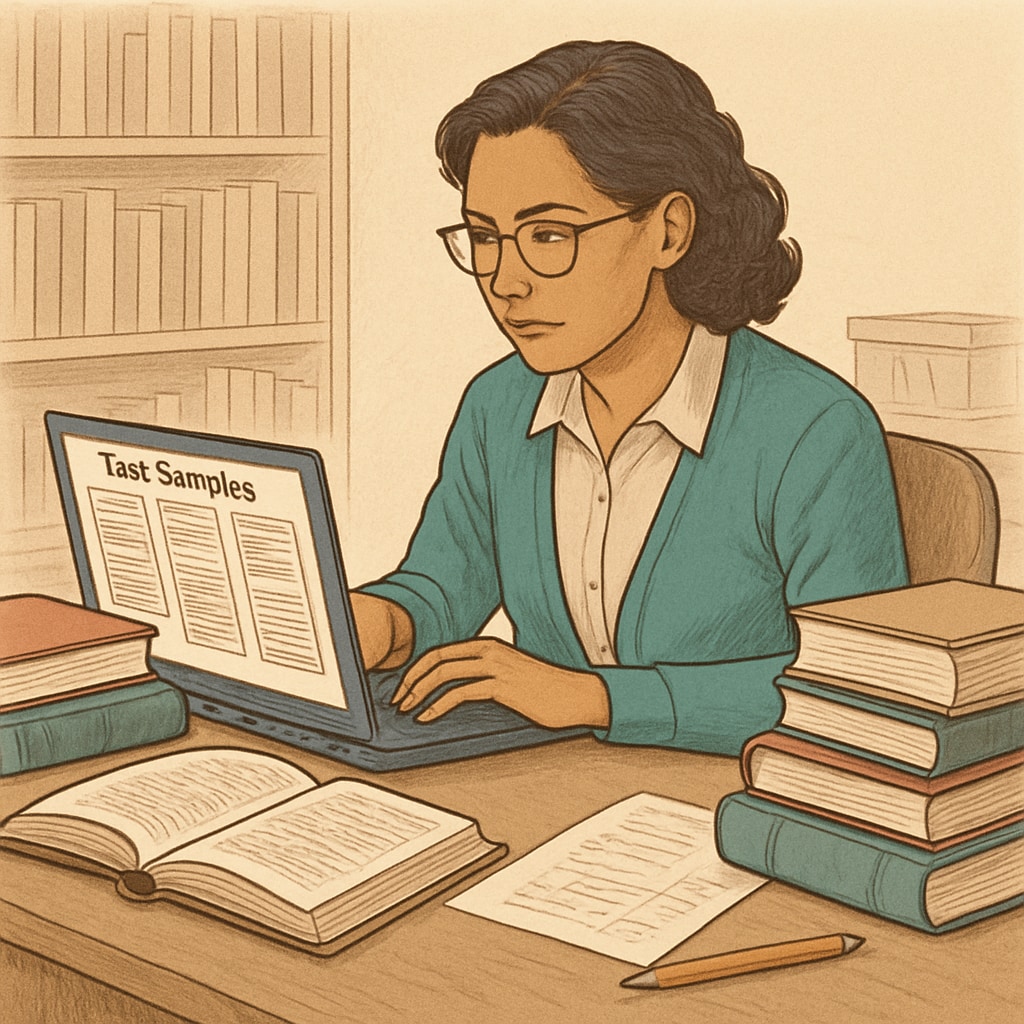Teachers hold the key to unlocking deeper insights into reading comprehension, text complexity, and effective instructional methods. By participating as volunteers in text complexity perception studies, K12 educators can contribute significantly to advancing research on student literacy while highlighting their unique expertise in the field of education. This article explores the importance of teacher involvement in these studies and invites educators to dedicate just 30 minutes to make a lasting impact on reading pedagogy.
Why Text Complexity Matters in Education
Text complexity is a fundamental concept in education that affects how students engage with and understand written material. It encompasses factors such as vocabulary difficulty, sentence structure, and thematic depth, all of which influence a student’s ability to comprehend texts. For students to develop robust reading skills, educators must select materials that challenge their cognitive abilities without overwhelming them.
Understanding text complexity enables teachers to tailor lessons to meet diverse learning needs. However, optimizing text selection requires precise tools and methods—an area where research can offer valuable solutions. By participating in studies focused on text complexity perception, teachers actively shape the future of reading instruction, ensuring it aligns with real-world classroom dynamics.

Teachers: The Backbone of Reading Research
K12 educators possess unparalleled insights into students’ reading behaviors and challenges, making their contributions to text complexity studies uniquely valuable. Unlike automated systems or algorithms, teachers bring human judgment, contextual understanding, and a nuanced perspective to evaluating texts.
In practice, teachers are often the first to notice when a text is too simplistic or overly complex for their students. Their feedback is essential for researchers developing frameworks that guide curriculum design and instructional strategies. As a result, teacher involvement bridges the gap between academic theory and classroom application.
Participating in text complexity studies is straightforward and impactful. Educators are invited to dedicate just 30 minutes of their time to assess sample texts based on their professional experience. This small investment contributes to a larger effort to refine reading comprehension practices globally.

How to Join as a Volunteer
Becoming a part of text complexity research is simple and rewarding. Teachers interested in contributing can follow these steps:
- Sign up through the study’s official platform or invitation link.
- Review the provided guidelines for evaluating text samples.
- Complete the assessment, which typically takes about 30 minutes.
- Submit feedback and insights to the research team.
Volunteering not only benefits the research community but also allows educators to reflect on their own practices and gain new perspectives on reading material evaluation. This collaborative approach strengthens teacher-researcher relationships and fosters innovation in education.
The Broader Impact of Teacher Participation
Teachers’ contributions to text complexity studies have far-reaching implications. By providing authentic, classroom-based evaluations, educators help researchers create tools and guidelines that enhance reading comprehension for students of all ages. As a result, students benefit from more effective learning resources tailored to their developmental needs.
Moreover, teacher involvement underscores the critical role educators play in shaping academic research. It highlights their expertise and reinforces the importance of practical experience in driving educational advancements.
In addition to supporting research, teachers gain access to new strategies and insights that can be directly applied in their classrooms. This reciprocal relationship ensures that both educators and researchers benefit from collaboration, ultimately improving reading outcomes for students worldwide.
Final Thoughts: Teachers are not just instructors—they are innovators and advocates for student success. By dedicating just 30 minutes to text complexity research, educators can make meaningful contributions that resonate far beyond their classrooms. Join the movement today and help shape the future of reading comprehension education.


